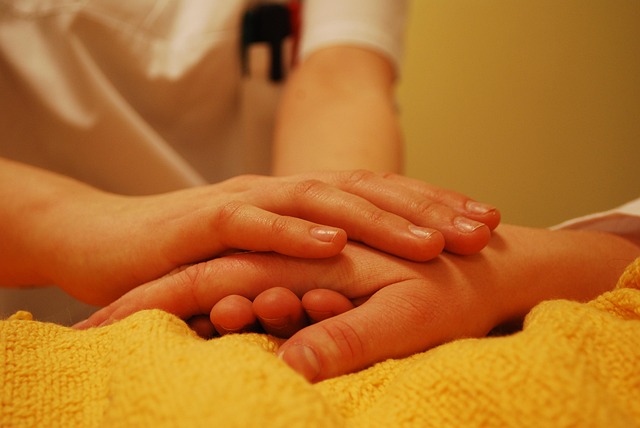
Fostering Relational Self-Confidence: The Key to Building Trust in Relationships
In the journey of building meaningful relationships, one of the oft-overlooked yet essential components is relational self-confidence. This self-assurance is not just about feeling good in our own skin; it’s about fostering a genuine connection with others, creating a sense of trust that is foundational in any relationship.
When we talk about relational self-confidence, we’re really discussing the belief in our ability to relate to others with authenticity and vulnerability. This confidence allows us to show up in relationships without the heavy burden of fear or doubt. It empowers us to engage openly, share our thoughts, and express our feelings without the looming worry of being judged or rejected.
One core aspect of cultivating relational self-confidence is self-awareness. Understanding our own feelings, triggers, and reactions is crucial. When we have clarity on our emotional landscape, we can communicate more effectively and connect on a deeper level with those around us. Consider taking time for self-reflection or journaling about your interactions. What went well? What didn’t? Recognizing these patterns can help clarify how you relate to others.
Additionally, practicing self-acceptance is essential. Many individuals struggle with the fear of inadequacy, which can inhibit their capacity to trust themselves and others fully. Acknowledge that no one is perfect; everyone has flaws and makes mistakes. By embracing our imperfections, we foster a safe environment for both ourselves and others to be vulnerable. This vulnerability is a powerful tool in building trust within relationships.
Another vital piece of the puzzle is communication. Open and honest dialogues allow for the expression of needs and boundaries, which are fundamental in any relationship. When we communicate effectively, we convey our sense of relational self-confidence, showing others that we value our own thoughts and feelings while respecting theirs. This mutual respect creates a trusting atmosphere where both parties feel validated.
Furthermore, active listening plays a pivotal role in developing relational self-confidence. By displaying genuine interest in the thoughts and feelings of others, we contribute to a more connected relationship. Listening fosters empathy, reinforcing the idea that we are capable of understanding those around us, thus solidifying trust. When people feel heard, they are more likely to open up and trust us in return.
Lastly, remember that each relationship is a growing entity. There will be ups and downs, triumphs and challenges. Embracing these experiences with an attitude of learning can enhance our relational self-confidence. View conflicts as opportunities for growth rather than threats. Such a mindset not only builds resilience but also strengthens the trust within the relationship, making it more robust over time.
In essence, nurturing our relational self-confidence is not just beneficial for ourselves; it also enriches our relationships with others. By being self-aware, practicing acceptance, communicating openly, actively listening, and embracing growth, we lay a strong foundation of trust that can elevate our connections to new heights.


